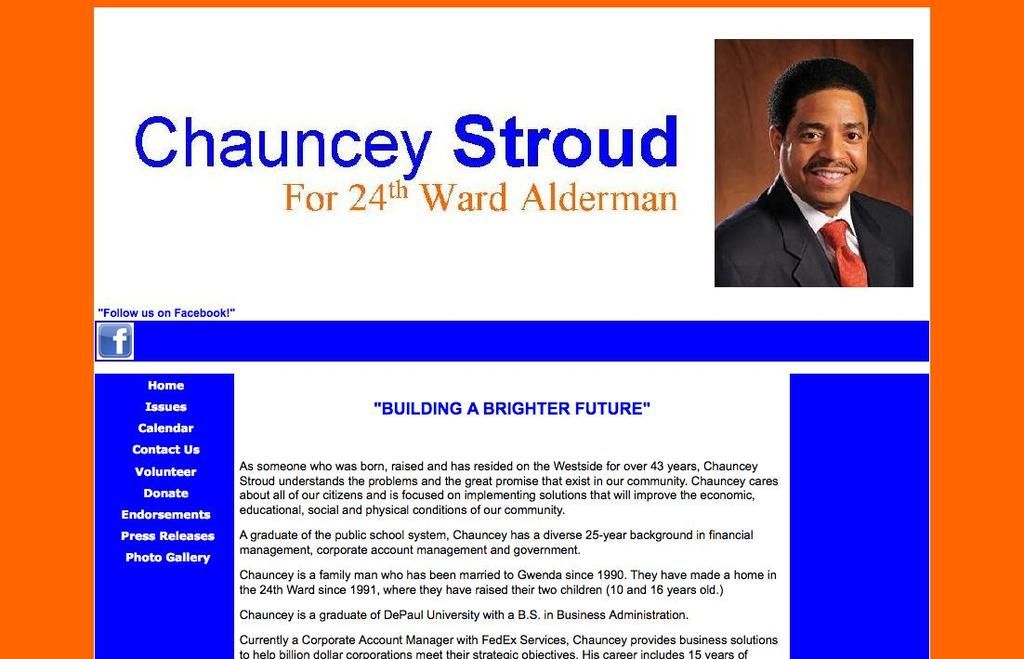Navigating unpaid rent deception: guidance for those ensnared in the predicament
Tenants Be Aware: The Persistent Rent Scam Is Back
vigilance and safety measures are crucial when dealing with rental properties, given the resurgence of the fake unpaid rent scam. Here's a handy guide to help you stay protected.
It appears that scammers are once again posing as landlords and real estate agencies to funnel rent money into fraudulent accounts. These cunning emails, resembling formal, well-crafted communication, usually involve an unpaid rent or a change in bank details. The scammers might even go so far as to include precise information from the lease agreement, such as correct rent amounts, agency names, and file references, and may even forge an email address or insert a logo to strengthen their deception.
Unfortunately, the increased pressure and unpreparedness of tenants can lead to unwitting transfers to unscrupulous accounts. But fear not, you can protect yourself from becoming a victim.
Being Smart about Scams
Verifying the Lease
- Check for Duplicates: Verify the legitimacy of photos by conducting reverse image searches to ensure they aren't duplicated in fake listings[2].
- Scan Real Estate Websites: Look up the property on reliable real estate platforms to confirm its existence and availability[2].
Careful with Payments
- Secure Transactions Only: Avoid unsecure payment channels, sticking to secure payment methods that ensure the transaction is made to a legitimate account[1][2].
- No Early Payments: Never hand over deposits or rent before signing a verifiable lease agreement[1][3].
Spotting the Signs
- Too Good to Be True: If a rental seems significantly cheaper than others in the area, it may be a scam[1][3].
- Lack of Communication: Listings with poor grammar, insufficient details, or uncooperative landlords should raise suspicions[1][3].
- Hasty Actions: Scammers often pressure you to act quickly. Pause, conduct research, and avoid any hasty decisions[1][3].
Using Secure and Verified Channels
- Licensed Agents: Whenever possible, deal with licensed real estate agents who can provide a certain level of security and legitimacy[2].
- Reputable Platforms: Try to stick to well-known, reliable rental platforms such as Airbnb for short-term rentals, and be sure to follow their guidelines and reviews[4].
Staying Informed
- Stay Updated on Scams: Keep tabs on local news and scam alerts to remain aware of current scams and tactics[3].
By adhering to these tips, you can significantly minimize your chances of becoming a scam victim, whether you're renting in France or elsewhere.
Scams - Rental Scams - Fake Emails - Protection - Real Estate
- Maintaining vigilance is crucial when dealing with real estate transactions, especially while navigating rental properties, considering the resurgence of the persistent rent scam.
- To stay protected, always confirm the legitimacy of rental listings and bank details by verifying the lease, using secure payment channels, and staying updated on scam alerts within the real estate finance and personal-finance sectors.






